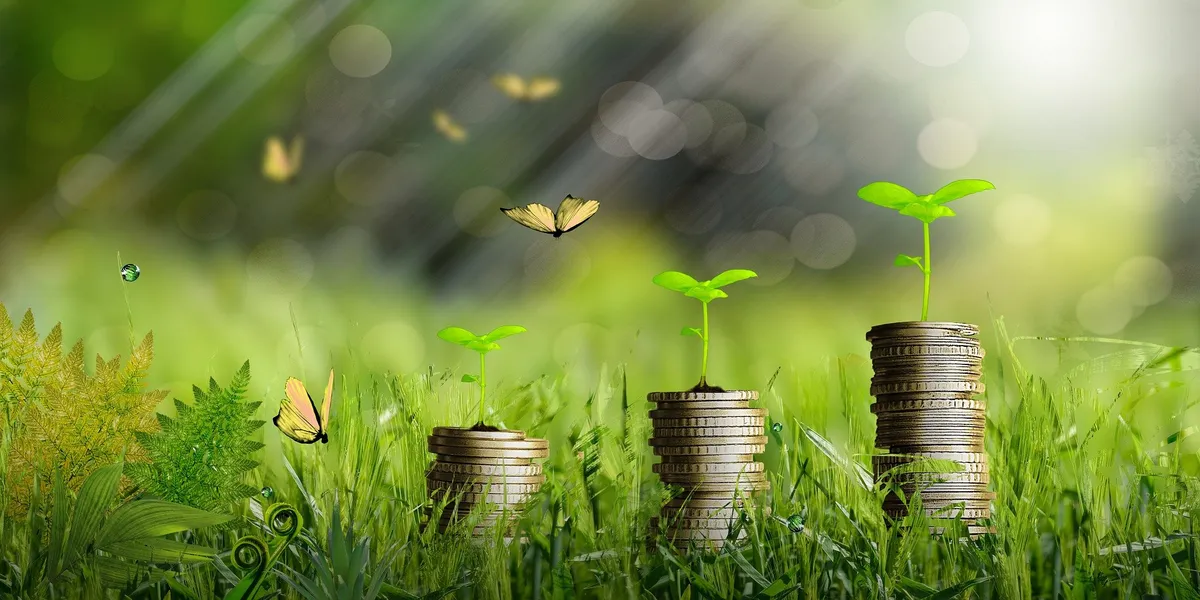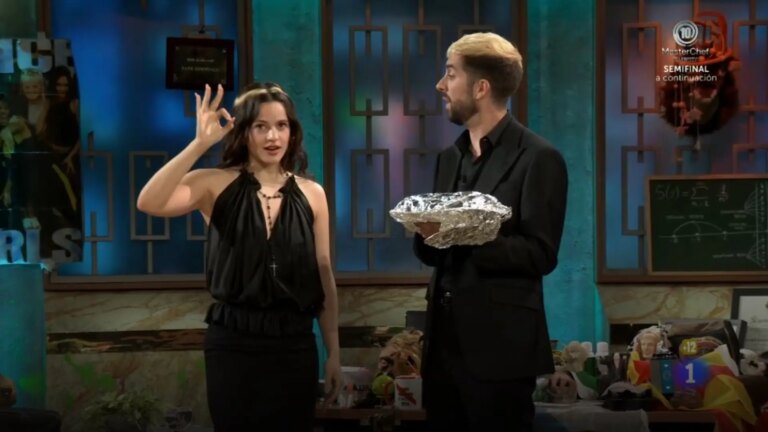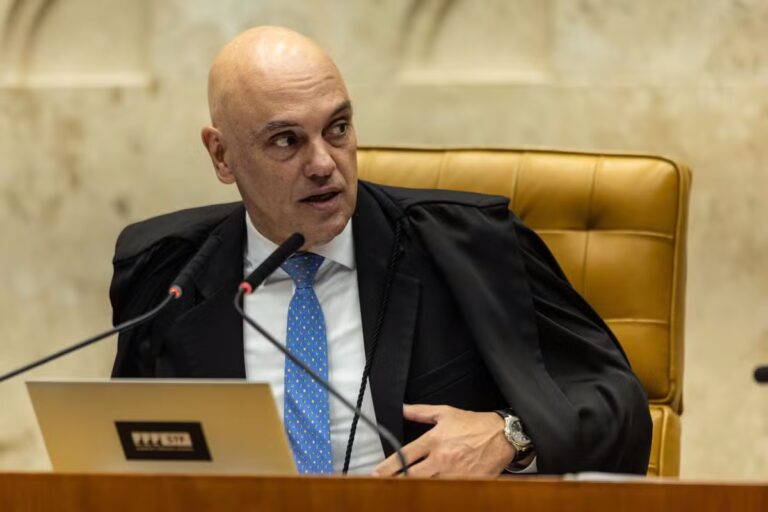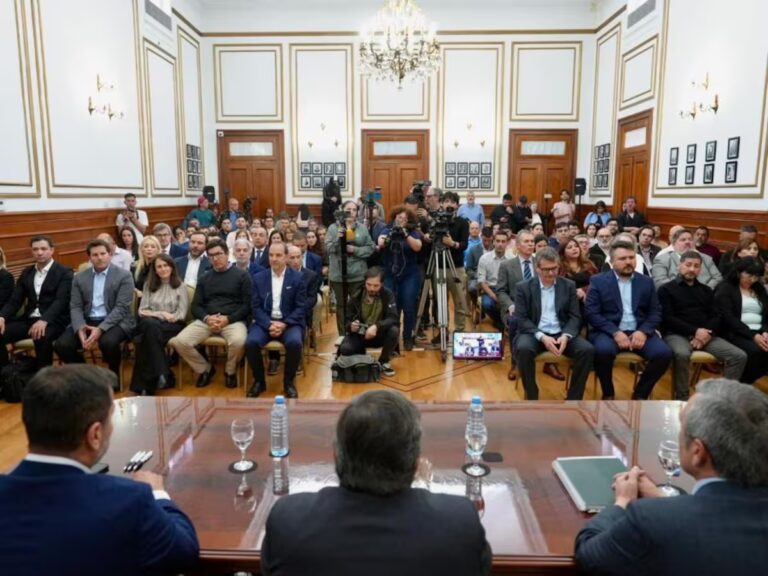
The Brazilian government It was released on the first day of this week, Monday (10th). COP30This is an initiative to support the. bioeconomy As an ally strategy environmental conservation of production. In collaboration with multilateral partners such as the Food and Agriculture Organization of the United Nations (FAO), natural financeWorld Resources Institute (WRI) Brazil and the Inter-American Development Bank (I.D.B.), Ministry of Environment and Climate Change announced Challenge to bioeconomy (Bioeconomy Challenge, paraphrased).
inspired by G20 Bioeconomy Initiativethis new mechanism defines time-bound milestones until 2028 and designs a financial and equitable mechanism to strengthen long-term sustainability efforts and fair distribution of benefits.
“Through this initiative, we are building bridges between the ancestral knowledge of indigenous peoples and traditional communities and the rigor of modern science,” the environment minister said in a statement. Marina Silva.
According to the initiative’s founders, the aim is to expand the bioeconomy market for conservation purposes.
The bioeconomy is basically Renewable products extracted from forests It is increasingly being cited in international forums as an alternative to integrating indigenous peoples into supply chains without contributing to their destruction. However, due to the need to respect forests and producers’ own productive capacities, bioeconomy tends to face obstacles in terms of scale and is seen as an add-on strategy, not a “magic bullet to save forests in developing countries,” the experts interviewed said. value.
With the launch of the Bioeconomy Challenge, the bioeconomy has become part of the COP Action Agenda for the first time and formally recognized as a strategic pathway to accelerate the implementation of Nationally Determined Contributions (NDCs).
“To help the world’s bioeconomy grow at scale, sustainability needs to be anchored in specific, transparent and comparable indicators so that it means the same thing everywhere. We look forward to working with them to advance this agenda and ensure we deliver on the promise of the bioeconomy to transform the way we live, produce and share resources,” Kaveh Zahedi, Director of the FAO Department of Climate Change, Biodiversity and Environment, said in a statement.



